Warning Signs You’re Overdoing It on Social Media
In today’s digitally connected world, social media can be a great way to stay in touch with friends, follow trends, and express yourself. However, too much of a good thing can lead to negative consequences. Here are 18 warning signs that might indicate you’re overdoing it on social media and could benefit from a digital detox.
Constantly Checking Notifications
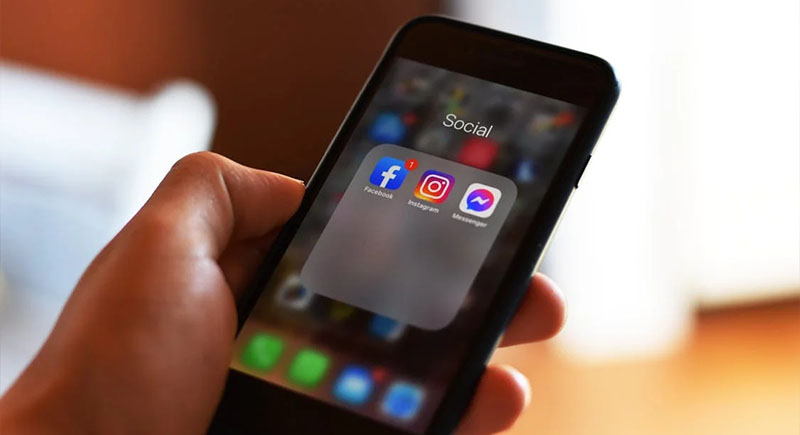
Credit: pexels
If finding out who liked your latest post is the first thing you think about in the morning and the last thing at night, it’s a sign of over-prioritization. This constant need to be validated by notifications can disrupt your natural daily rhythm.
Feeling Anxious Without Your Phone
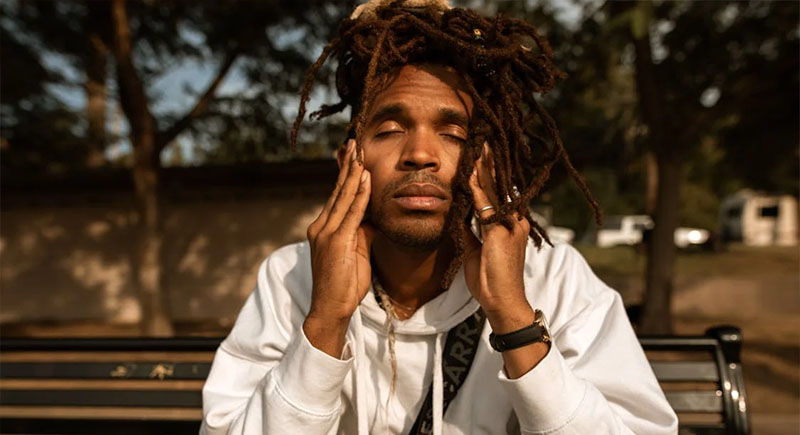
Credit: pexels
The moment you feel uncomfortable or anxious because you can’t check your social media accounts suggests a growing dependency. It’s healthy to be comfortable with periods of disconnection.
Social Media Interferes with Sleep
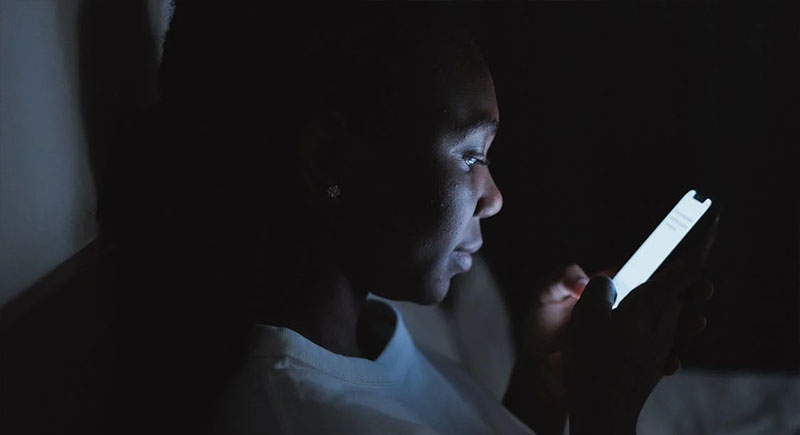
Credit: pexels
Losing sleep because you’re scrolling through feeds or staying up to catch up on posts is a sign of misuse. Adequate rest is crucial, and social media should not compromise it.
Comparing Your Life to Others
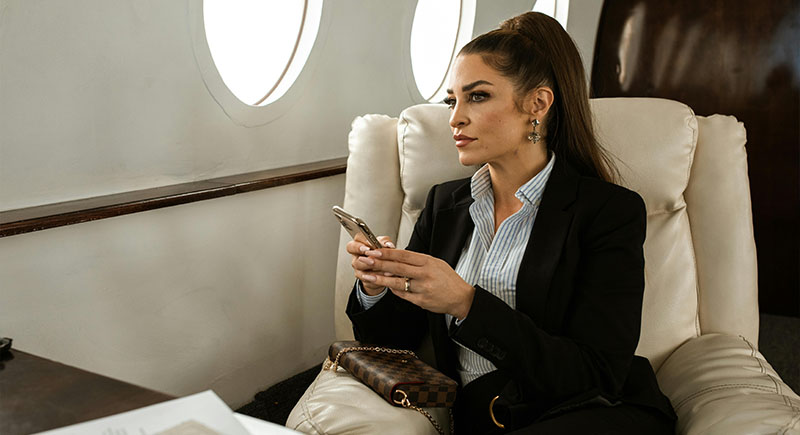
Credit: pexels
If viewing others’ curated lives makes you feel inadequate or envious, it’s a signal that social media is affecting your self-esteem. Remember, most people only post their highlights, not their everyday reality.
Neglecting Real-life Relationships
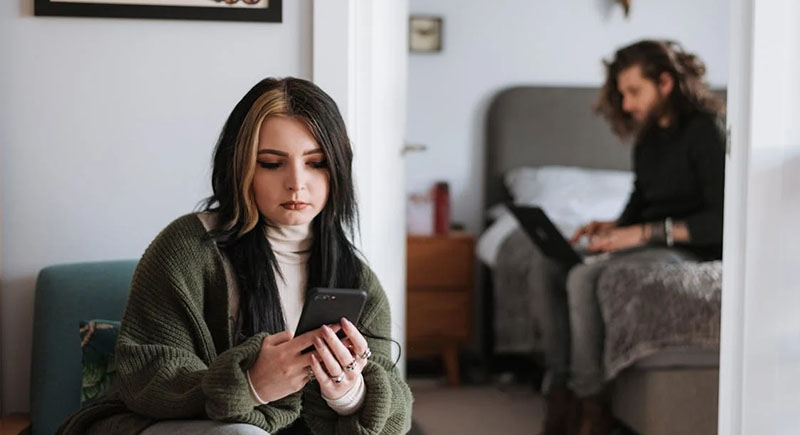
Credit: pexels
When online interactions take precedence over spending quality time with family and friends, it’s an indication that social media is overshadowing real connections. Personal interactions are invaluable and offer emotional support that virtual likes cannot.
Your Productivity Is Suffering
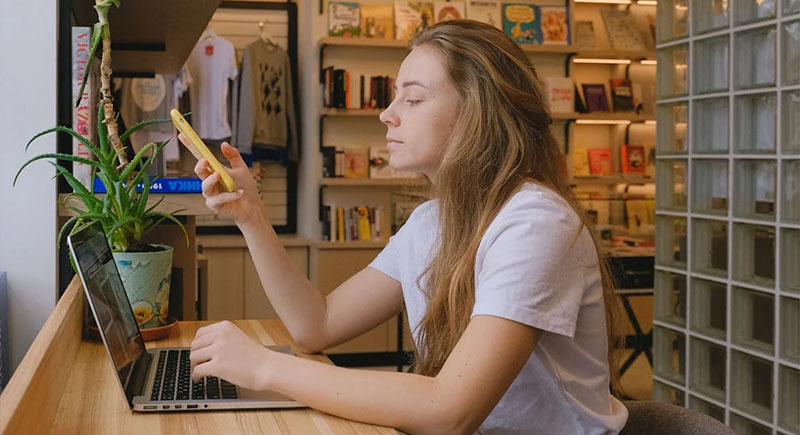
Credit: pexels
If you find yourself constantly distracted by social media during work or study time, it’s time to reassess your usage. Setting specific times for social media can help improve focus and efficiency.
Loss of Interest in Offline Hobbies

Credit: pexels
Social media should not replace activities that bring you joy and relaxation. If you’re foregoing hobbies like reading, sports, or crafting in favor of more screen time, consider rebalancing your leisure activities.
Feeling the Need to Share Everything

Credit: iStockphoto
The compulsion to document and post every aspect of your life can be draining and detracts from living in the moment. It’s important to find a balance between sharing and privacy.
Reacting Emotionally to Social Media
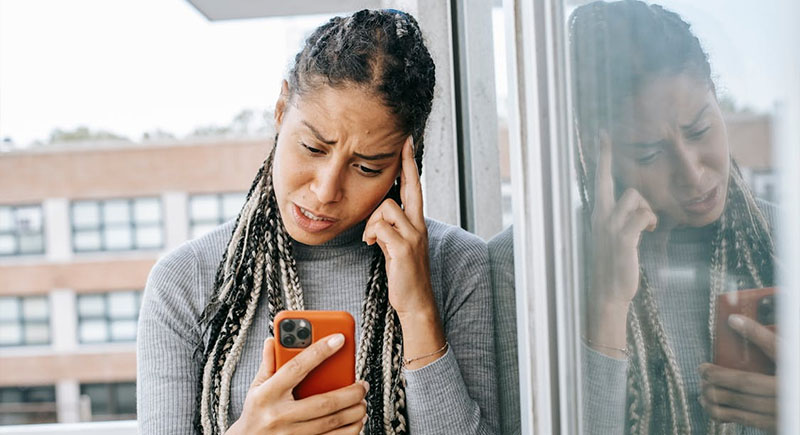
Credit: pexels
Letting likes, comments, or the lack thereof dictate your mood is a sign that social media has too much power over your emotional well-being. It’s essential to detach your self-worth from online feedback.
Your Self-esteem Is Tied to Online Feedback

Credit: pexels
Relying on social media validation for confidence is a shaky foundation for self-esteem. Your value is not determined by online popularity, and it’s crucial to recognize your worth beyond digital affirmations.
Using Social Media to Escape Reality
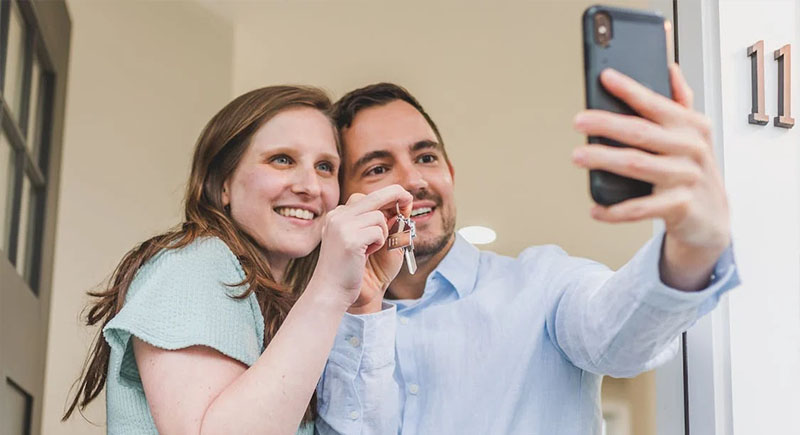
Credit: pexels
Regularly turning to social media to avoid confronting personal issues can prevent you from dealing with important aspects of your life. Seeking professional help or talking to someone you trust can be more beneficial.
Ignoring Physical Activity

Credit: pexels
If browsing feeds is eating into time you used to spend walking, running, or engaging in any physical activity, it’s detrimental to your health. Incorporating exercise into your routine can improve both physical and mental health.
Feeling Burnt Out by Online Drama

Credit: pexels
Being drawn into online disputes or feeling drained by the negativity encountered on social media platforms can lead to burnout. It’s important to curate your feed to minimize exposure to stressful content.
Difficulty Enjoying Moments Without Posting

Credit: pexels
If you find it hard to enjoy experiences unless you share them online, it might be time to reflect on your motivations. Experiencing life through a lens or screen can diminish the richness of real-life experiences.
You Have More Virtual Friends Than Real Ones
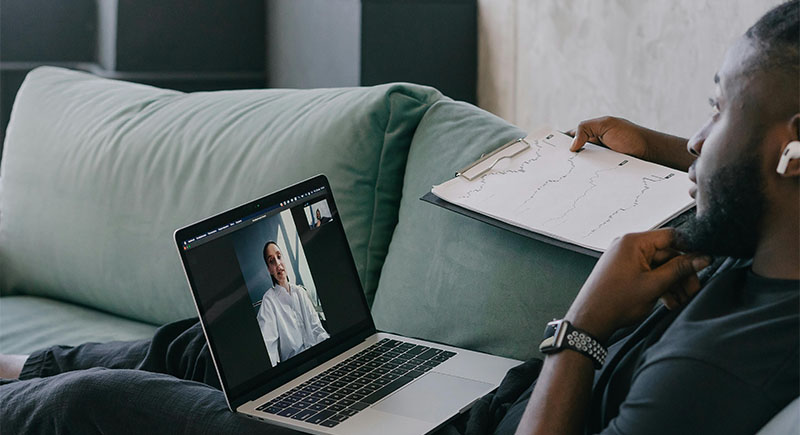
Credit: pexels
A vast network of online friends cannot replace the depth and support of real-life relationships. Fostering meaningful connections offline is crucial for emotional well-being.
Social Media Affects Your Eating Habits

Credit: pexels
Using meal times to catch up on social media can lead to unhealthy eating patterns, such as distracted eating or skipping meals altogether. Meals should be times to nourish your body and, when possible, connect with others.
Ignoring Professional Responsibilities

Credit: pexels
When social media use starts impacting your job performance or professional relationships, it’s a clear sign that boundaries are needed. Professional success requires focus and excessive social media use can hinder your career progression.
You Feel Unable to Quit

Credit: pexels
The thought of taking a break from social media, causing fear or seeming impossible, is a red flag. A healthy relationship with social media means you can step away without anxiety, enjoying both online and offline aspects of life.